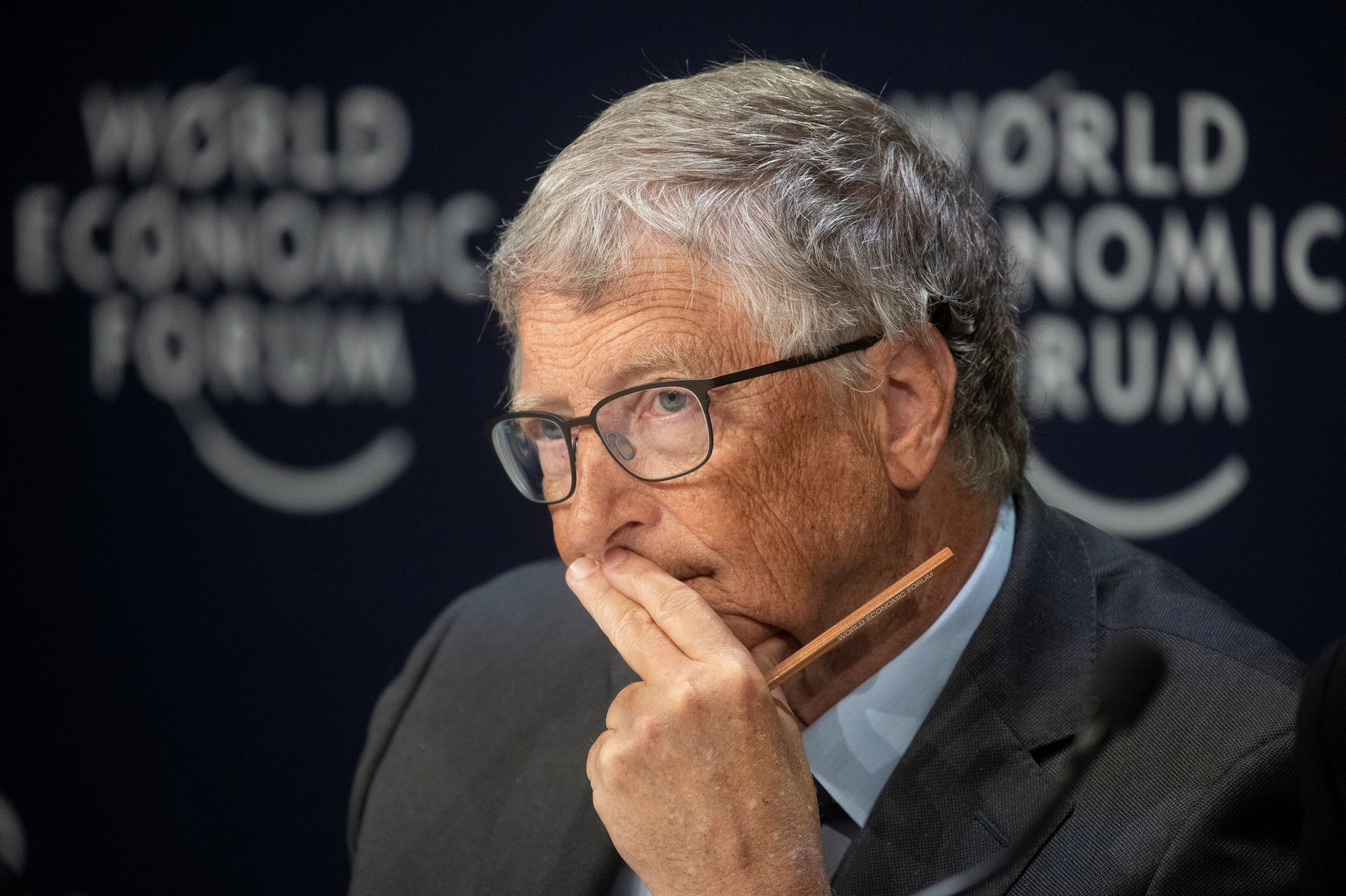A 5% tax on the world's multimillionaires could lift 2 billion people out of poverty
The richest 1% have captured twice as much wealth as the rest of the world combined since 2020, according to a new Oxfam report

We hear a lot about the world’s wealthiest 1%, but just how big is the inequality gap and how can it be bridged? In a new report, British charity Oxfam attempted to answer that question in an update to their annual inequality report, titled “Survival of the richest.”
Suggested Reading
Published on the eve of the World Economic Forum in Davos, Switzerland, the annual gathering of some of the wealthiest and most powerful people in the world, Oxfam’s report calculates that “the richest 1% have bagged nearly twice as much wealth as the rest of the world put together over the past two years.”
Related Content
In December 2022, the world’s billionaires counted $2 trillion losses to their collective net worths compared to the previous year, according to Forbes. But when counting the $1.9 trillion made between 2019 and 2020, and the $1.6 trillion earned over the course of 2021, the world’s richest people have gained $1.5 trillion in the past three years. In fact, Oxfam’s findings show that the ultra rich have captured half of all new wealth created in the past decade.
At this level of wealth, the Oxfam report calls for increased taxes on personal income as well as capital gains, contending that an annual tax of up to 5% on the world’s multimillionaires could raise $1.7 trillion, enough to lift 2 billion people out of poverty and start a fund to end global hunger.
How much are the rich paying in taxes, really?
3.4%: The effective tax rate of the 25 richest Americans between 2014 and 2018
20%: The minimum tax rate President Joe Biden proposed to impose on individuals with more than $100 million in net wealth. The proposal did not pass Congress amid threats of legal challenges.
0.98%: What Amazon CEO Jeff Bezos paid in terms of a “true tax rate,” when factoring in unrealized capital gains, according to leaked tax returns from 2021.
$1 trillion: How much money a one-off tax on unrealized capital gains of just the 100 richest Americans could create. The Oxfam report points out that $1 trillion is more than five times the total official world development assistance in 2021, which was just $178.9 billion.
Inflation? The rich are more than keeping pace
According to Oxfam research, more than 1.7 billion workers worldwide saw inflation outpace their wages in 2022. This means that despite their wages going up, those workers can afford less than they could a year ago.
The charity points out that the companies that are most responsible for 2022’s increase in the cost of living, those in the food and energy sectors, more than doubled their profits in the past year, paying out $257 billion to shareholders. Meanwhile, over 800 million people reported not having enough to eat, a jump of 150 million people since the beginning of the covid-19 pandemic. This indicates the richest 1% are profiting from the rising cost of food and energy, creating wealth at record rates even amid a downturn in the economy.
With the United Nations reporting that human development fell in 9 out of 10 countries in the past year, Oxfam’s report suggests that the gap between the ultra rich and the rest of the world will only continue to grow unless action is taken to reform tax codes.
✏️ A 1.5% tax on billionaires could educate all the world’s children
